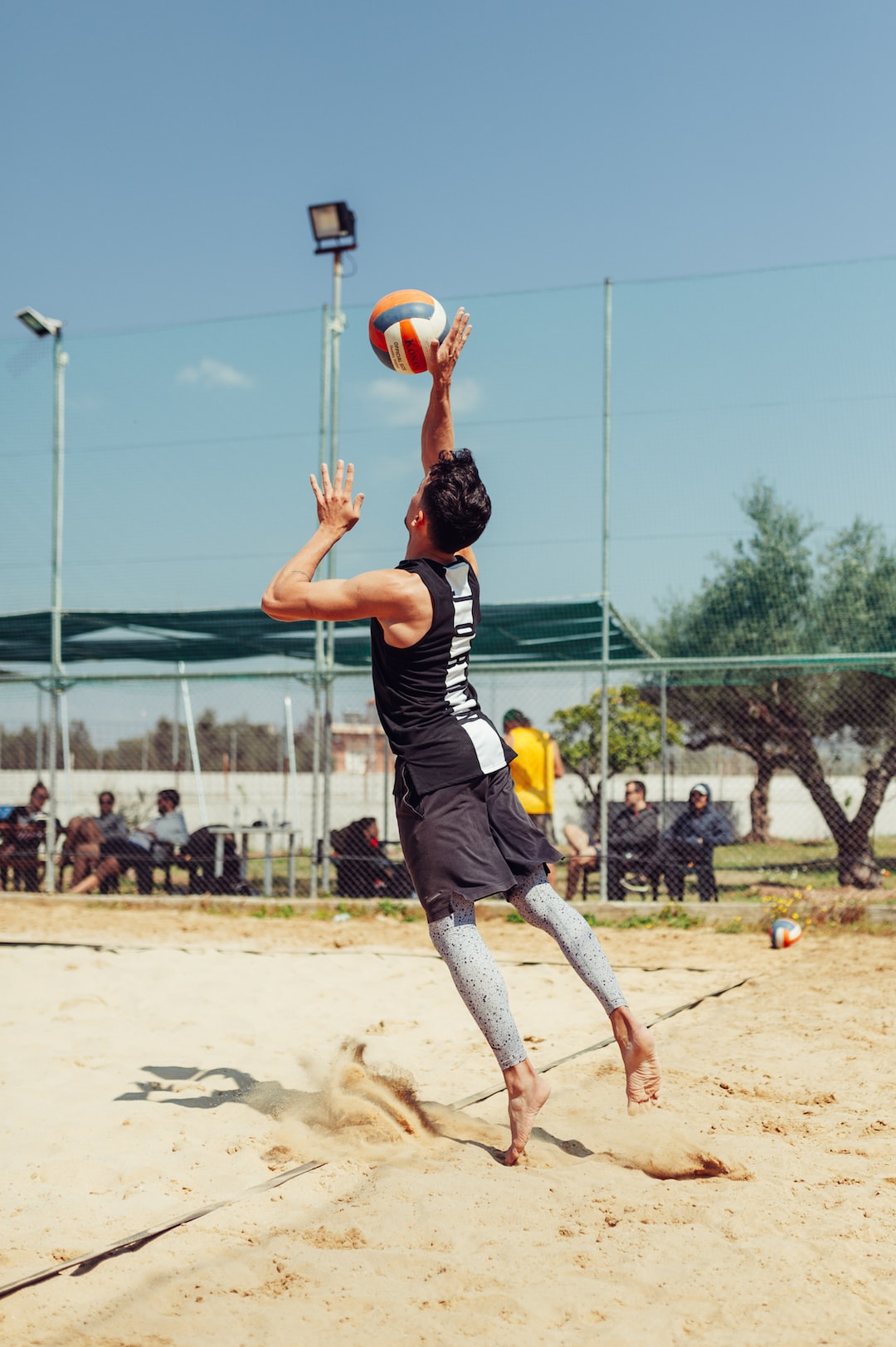Sports and Identity: How Our Fandom Shapes Who We Are
Sports have always played an integral role in society, transcending boundaries and bringing people together. Whether it’s cheering for a local team or supporting a national squad, sports have the power to ignite passion and create a sense of belonging. Beyond the thrill of competition, our love for sports often becomes part of our identity, shaping who we are as individuals and as communities. In this blog post, we will delve into the fascinating relationship between sports and identity, exploring how our fandom influences and molds us.
To understand the impact of sports on identity, it is important to recognize that our affiliation with a particular team or sport goes beyond simple entertainment. Our choice of sports teams often stems from a myriad of factors, such as family legacies, regional loyalties, or even personal connections with athletes. These affiliations become deeply ingrained in our identity, defining a part of who we are.
One aspect of sports fandom that shapes identity is the sense of community it creates. When we rally behind our favorite team, we become part of a larger group of like-minded individuals who share our passion. We identify with the group and experience a sense of belonging. The shared experiences, emotions, and traditions associated with being a fan create a bond that connects us with others, regardless of our backgrounds. Being part of a community adds another layer to our identity, as it becomes intertwined with our love for the game.
Sports fandom can also influence our own self-perception and personal growth. The highs and lows of a team’s performance can often mirror our own triumphs and setbacks. We experience the joy of victory and the agony of defeat vicariously through our team’s success or failure. This emotional investment can teach us valuable life lessons, such as resilience, perseverance, and determination. We learn to celebrate the wins, endure the losses, and continuously support our team, mirroring the challenges we face in our own lives.
Our fandom can even influence our career choices and aspirations. Many individuals develop a strong passion for a sport they love, leading them to pursue careers in sports-related fields. From becoming professional athletes to sports journalists, coaches, or even working behind the scenes in sports organizations, our love for a specific sport can shape our career path. We turn our fandom into a driving force for pursuing our dreams and contributing to the sports industry.
Moreover, sports fandom plays a significant role in fostering a sense of pride in our hometowns or countries. Supporting a local team often becomes a representation of our regional or national identity. Whether it’s waving the flag at international competitions or displaying team memorabilia, we showcase our support for our hometown or country. This collective pride not only strengthens local communities but also reinforces a sense of belonging to a broader national identity.
However, it is important to acknowledge that sports fandom can also have negative consequences on identity, particularly when it leads to toxic behaviors such as hooliganism or violence. These extreme cases highlight the potential dangers of allowing our fanaticism to dictate our actions, blurring the line between passion and aggression. It is crucial to celebrate and express our love for sports in a respectful and positive manner that enhances our identity rather than causing harm.
In conclusion, sports have a profound impact on our identity, shaping who we are and how we perceive ourselves. From providing a sense of community and belonging to teaching valuable life lessons, our fandom becomes an integral part of our identity. Sports fandom influences our career choices, strengthens local and national pride, and brings people from diverse backgrounds together. As we cheer for our favorite teams or athletes, let us remember the powerful connection between sports and identity, cherishing the positive aspects and promoting a responsible and inclusive fan culture.

